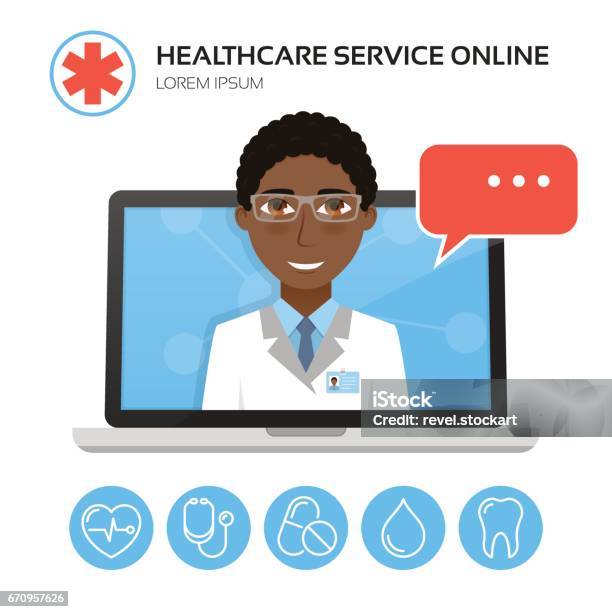The Future of Medication: Exploring Subscription Based Healthcare Versions
The Future of Medication: Exploring Subscription Based Healthcare Versions
Blog Article
The Surge of Subscription-Based Medical Care and Its Effect on Patient Treatment
As healthcare develops, the subscription-based model is obtaining traction, guaranteeing to reinvent client care by supplying predictability and access. The possibility for these versions to improve healthcare distribution increases pressing inquiries concerning their long-lasting sustainability and inclusivity. Are these subscription services the future of medical care, or do they take the chance of leaving vulnerable populations behind?
Recognizing Subscription Medical Care Versions
Comprehending the principle of subscription medical care designs includes taking a look at a transformative strategy to clinical services that stresses affordability and accessibility. These versions, commonly referred to as straight main care (DPC) or concierge medication, have arised as cutting-edge alternatives to typical fee-for-service health care systems. Registration health care permits patients to pay a fixed month-to-month or yearly charge for a defined collection of clinical services, which might include unlimited workplace gos to, routine exams, and standard lab examinations, without the demand for typical insurance payment.
The framework of subscription medical care versions is developed to enhance person care by eliminating third-party payers and complex billing codes, therefore decreasing management worries. Doctor can focus a lot more on patient treatment, cultivating more powerful patient-provider partnerships. This design additionally advertises preventative treatment by motivating regular visits, as the financial obstacle of per-visit charges is removed.
The subscription model frequently empowers healthcare suppliers to take care of smaller sized client panels, enabling more customized care. It straightens economic rewards with patient wellness outcomes, as companies are encouraged to maintain patient complete satisfaction and wellness. In general, understanding subscription medical care designs calls for identifying their prospective to reshape just how treatment is provided and accessed.
Benefits for Carriers and individuals

With a steady revenue stream, healthcare specialists can commit more time to each individual, leading to a more customized and comprehensive care experience. The focus on preventative care within membership strategies can lead to better patient results and decreased lasting healthcare expenses.
Difficulties and Concerns
While subscription-based healthcare designs existing various advantages, they also include a collection of obstacles and problems that have to be attended to. First, accessibility stays a substantial issue, as these designs frequently target individuals who can manage monthly fees, possibly excluding low-income populations. This increases honest concerns regarding fair access to medical care services. Additionally, the varied nature of subscription plans can lead to confusion amongst individuals regarding coverage specifics, potentially leading to unmet expectations or poor treatment.
Financial sustainability of subscription-based versions is one more worry. Companies have to balance the set revenue from subscriptions with the click resources variable costs of health care services, which may change because of unforeseen clinical demands. This can develop stress to limit services or increase charges, potentially impacting person fulfillment and care top quality.
Moreover, regulatory oversight of subscription-based health care versions is still developing. Dealing with these difficulties is crucial for the effective and equitable implementation of subscription-based healthcare.
Effect On Patient-Doctor Relationships
One significant impact of subscription-based healthcare designs on patient-doctor connections is the possibility for boosted continuity and customized treatment. By taking on a registration model, medical professionals can manage a smaller sized patient panel, enabling more specialized time with each individual. This boosted schedule fosters a deeper understanding of an individual's case history, lifestyle, and choices, making it possible for more tailored therapy strategies and treatments.

Nonetheless, it is very important to identify that while subscription-based designs may benefit those that can link manage them, they could unintentionally broaden healthcare disparities. Individuals that are incapable to join these models could experience lower access to customized treatment, possibly affecting their partnerships with doctor. Hence, while the subscription version provides appealing benefits for patient-doctor partnerships, it additionally presents difficulties that require to be addressed to ensure equitable medical care gain access to.
Future of Healthcare Accessibility

The role of modern technology can not be overlooked in this makeover. Telemedicine platforms and electronic health records assist in smooth interaction in between patients and doctor, damaging down logistical and geographical obstacles. In addition, advancements in expert system and information analytics can further personalize healthcare by anticipating person demands and enhancing therapy strategies.
Nevertheless, the future of health care gain access to additionally provides challenges, such as ensuring equity throughout various socio-economic groups. Policymakers and healthcare providers must collaborate to connect the digital divide, ensuring that subscription-based models remain budget friendly and inclusive. As these systems grow, they hold the promise of making medical care more obtainable, effective, and patient-centric.
Verdict
Subscription-based healthcare versions are view publisher site reshaping person treatment by giving a steady cost framework and enhancing access. These versions reinforce patient-provider connections via customized treatment and regular visits, highlighting preventative wellness. In spite of these advantages, challenges such as availability concerns for low-income populations and the demand for fair healthcare options linger. The rise of subscription-based medical care motivates positive person engagement, which has the potential to boost individual end results and contentment, signaling a transformative change in healthcare delivery.
As health care evolves, the subscription-based design is gaining grip, assuring to reinvent person care by supplying predictability and access.Subscription-based health care models provide distinctive advantages for both companies and patients, boosting the overall health care experience.As health care systems develop, the future of healthcare access often pivots on the combination of ingenious designs and innovations.Subscription-based health care models are reshaping individual care by giving a secure cost structure and boosting access. The increase of subscription-based medical care motivates proactive patient interaction, which has the prospective to boost individual outcomes and contentment, signifying a transformative shift in medical care shipment.
Report this page